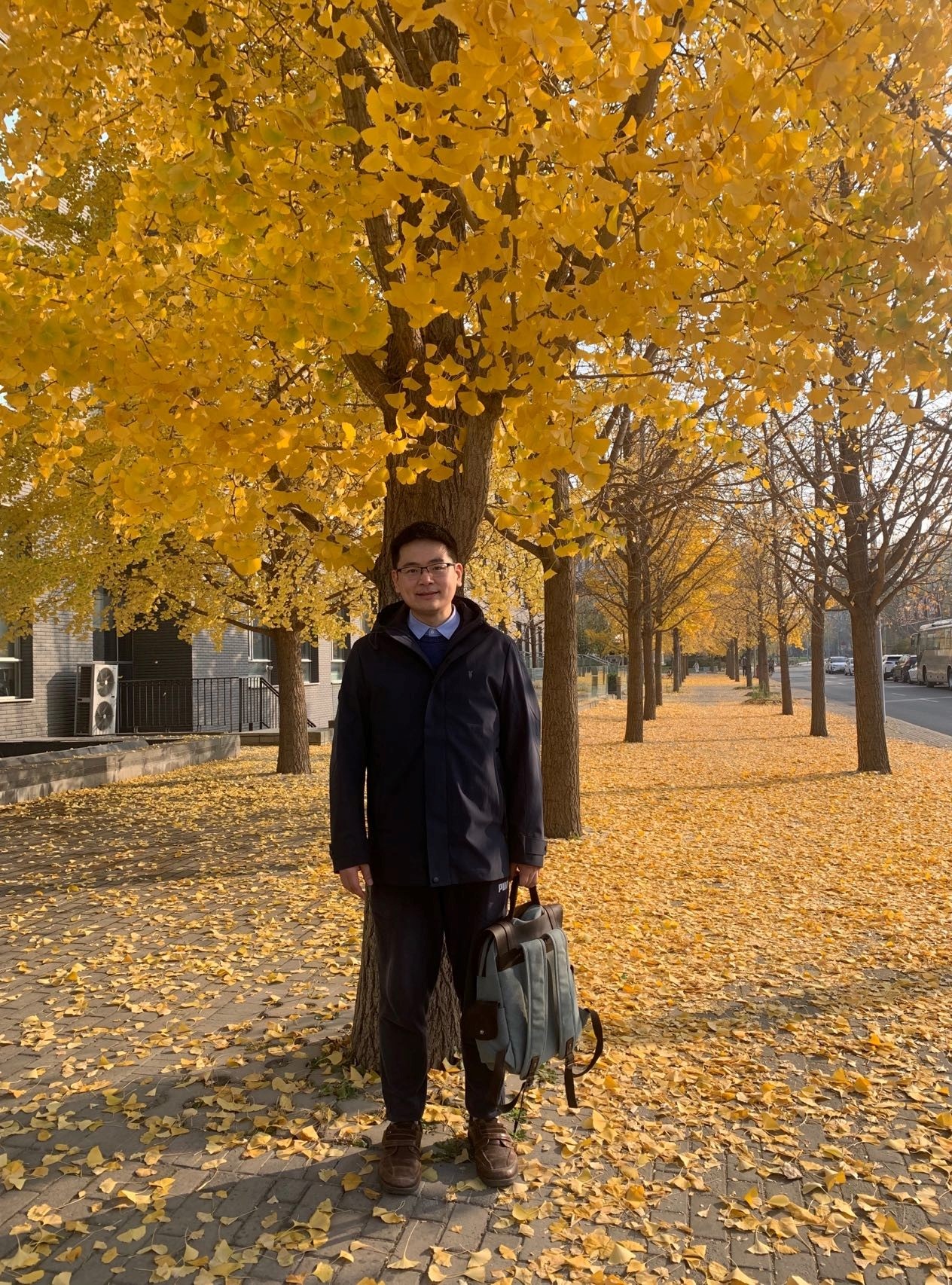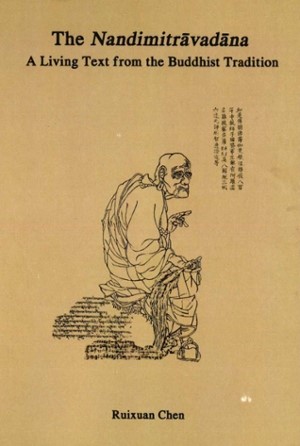
Born in 1987, Ruixuan Chen studied first at Fudan University in Shanghai (China), where he completed a BA in Chinese Literature and Linguistics (2009). During the years in Shanghai, he became enchanted with the ancient Indo-Iranian languages and forsook his former plan to investigate Classical Chinese poetry. His early interest in Indo-Iranian antiquity led him in due course to Germany, where he obtained a Magister Artium in Classical Indology, with minors in Tibetan Studies and Indo-European Linguistics, at the University of Munich (2014). He then joined Leiden University (Netherlands) for his doctoral training, under the supervision of Jonathan A. Silk. From 2018 to 2022, he was an assistant professor in Buddhist Studies at the University of Heidelberg (Germany), and held visiting posts at Peking University (China), the University of Tokyo (Japan), and the University of Vienna (Austria). Joining Peking University in late 2022, he is a faculty member of Department of South Asian Studies, School of Foreign Languages as well as Centre for Buddhist Studies.
Chen’s main field of specialization is the premodern history of Buddhism in South Asia and Central Asia. He investigates, first and foremost, processes of scriptural formation, issues of canonicity, the genesis of Buddhist anthologies, the institution of Buddhist kingship, etc., against the backdrop of the transmission of Buddhism from the Indian subcontinent to various regions along the ancient Silk Routes. By dint of philological and historical methods, he works on primary sources written in a variety of languages, some of which (e.g. Khotanese, Tocharian) died out around the turn of the first millennium and have yet to be fully deciphered. His work especially draws on manuscripts and inscriptions discovered in the Tarim Basin (present-day Xinjiang, China), which was such a kaleidoscope of diverse cultures and religions as the Mediterranean world in pre-modern times.
He was one of the awardees of the Robert H.N. Ho Family Foundation Grants for Critical Editions and Scholarly Translations 2019 for a collaborative project aimed at an English translation of a Sanskrit ‘Buddhist Yoga Manual’ (i.e., the so-called Yogalehrbuch) from Kucha. Discovered at several sites along the Northern Silk Route of the Tarim Basin, the Yoga Manual outlines a unique meditation system that dramatically reshapes our understanding of Buddhist traditions in many cultural spheres of the Buddhist world. Accounting for more recent research into associated Chinese meditation sūtras and mural paintings from this region, this project shall reestablish the true significance of this almost forgotten work.
In 2020, he was the winner of the Ernst-Waldschmidt-Prize, a quinquennial award for the best early-career Indologist(s) named after one of the doyens of German Indology, the late Ernst Waldschmidt (1897-1985).

He was the author of The Nandimitrāvadāna: A Living Text from the Buddhist Tradition (2018). This is the first monographic study of the multilingual textual sources of an Indian Buddhist narrative which has become the foundational, authoritative text for the cult of the sixteen Arhats (Tib. gnas brtan, 羅漢 Chin. luohan, Jap. rakan) in Tibet and East Asia. In addition, he published more than a dozen peer-reviewed articles and book chapters, some of which can be accessed in a digital form on his Academia.edu homepage (https://pku.academia.edu/RuixuanChen).
During his brief teaching career, he taught introductory courses to all the three major Buddhist traditions (Indian, Tibetan, and Chinese). In those courses, the topics addressed range widely from Buddhist doctrines, rituals, histories to issues of contemporary interest such as meditation. At Peking University, he is also teaching advanced undergraduate and graduate students, who have acquired a basic proficiency in classical Indic languages (e.g. Sanskrit, Pāli), how to read and investigate original Buddhist manuscripts as well as epigraphic sources. From time to time, he is offering elementary courses of rather exotic Central Asian languages, such as Tocharian, should there be an interest.